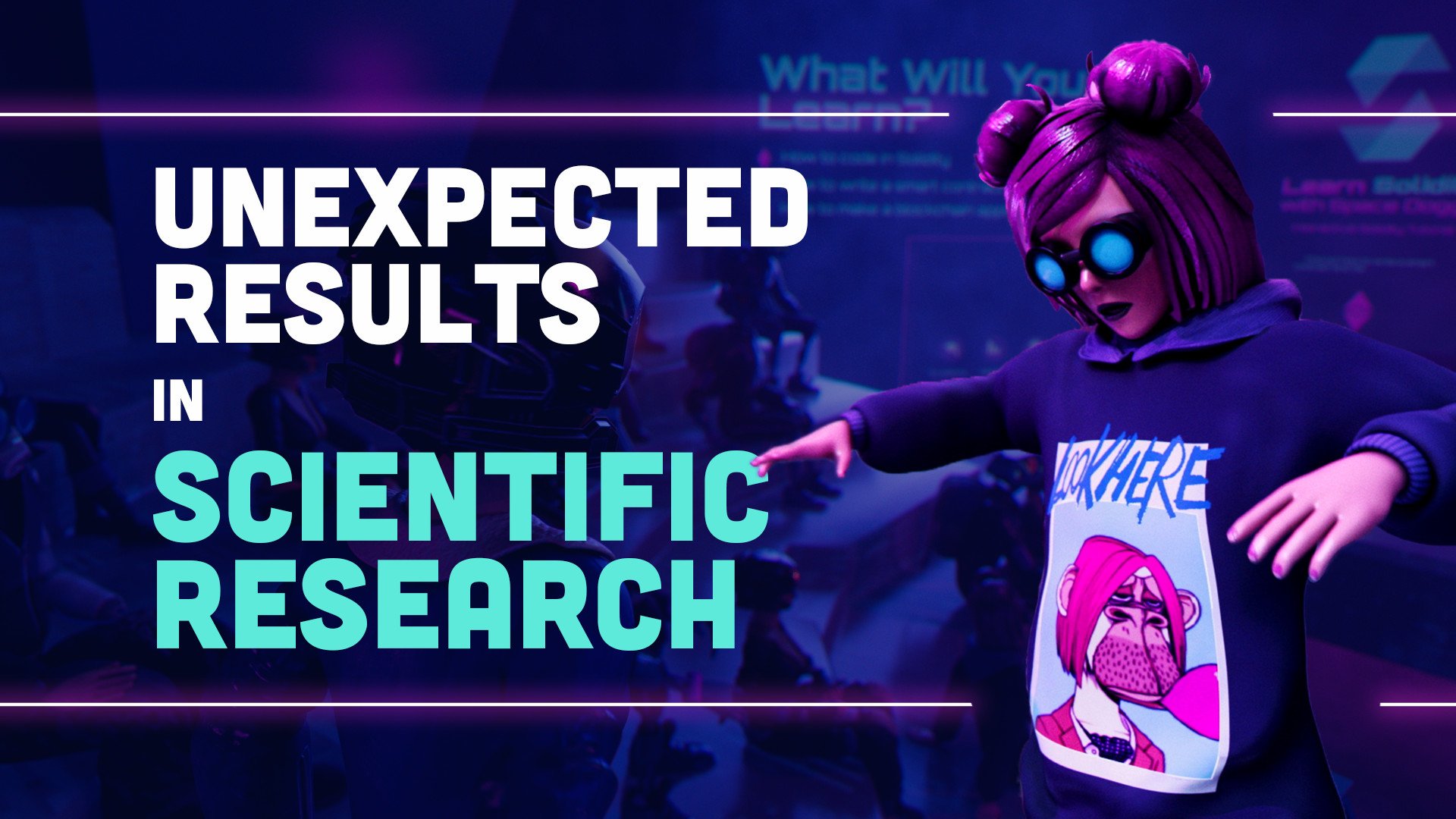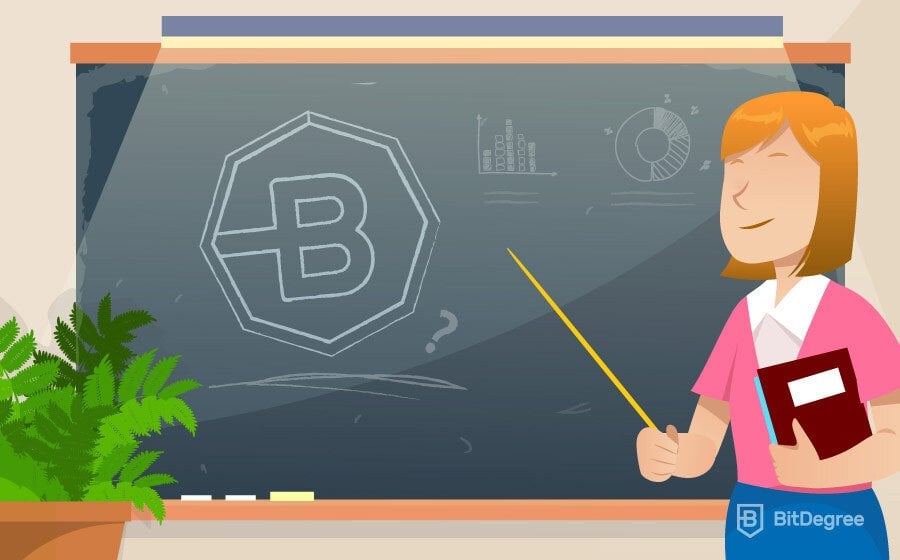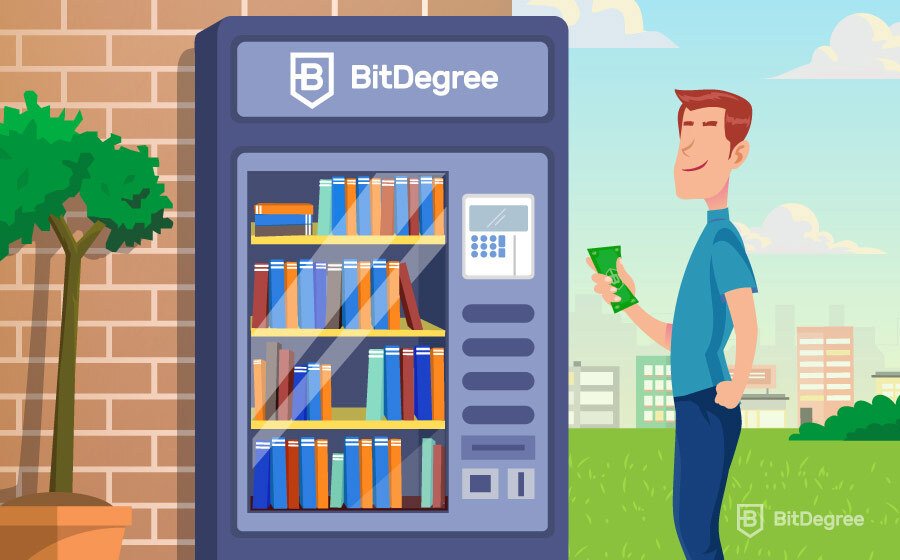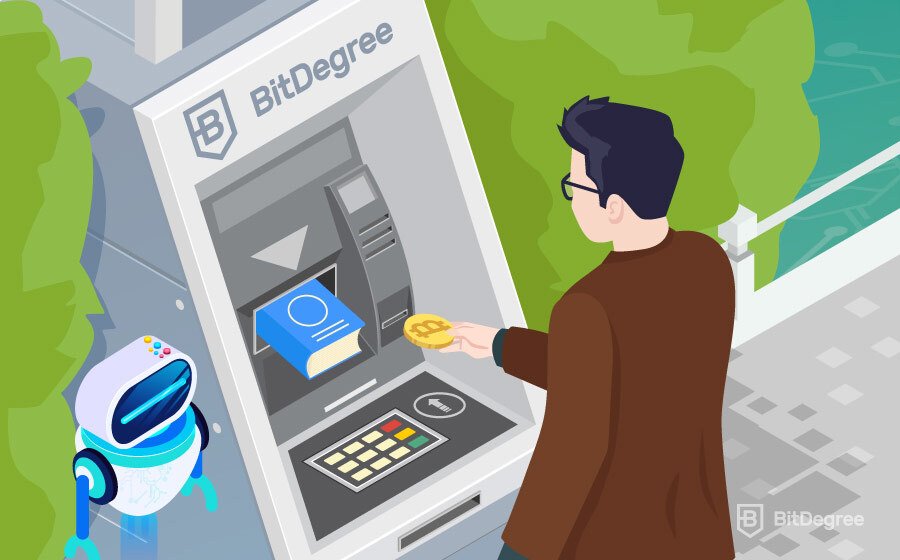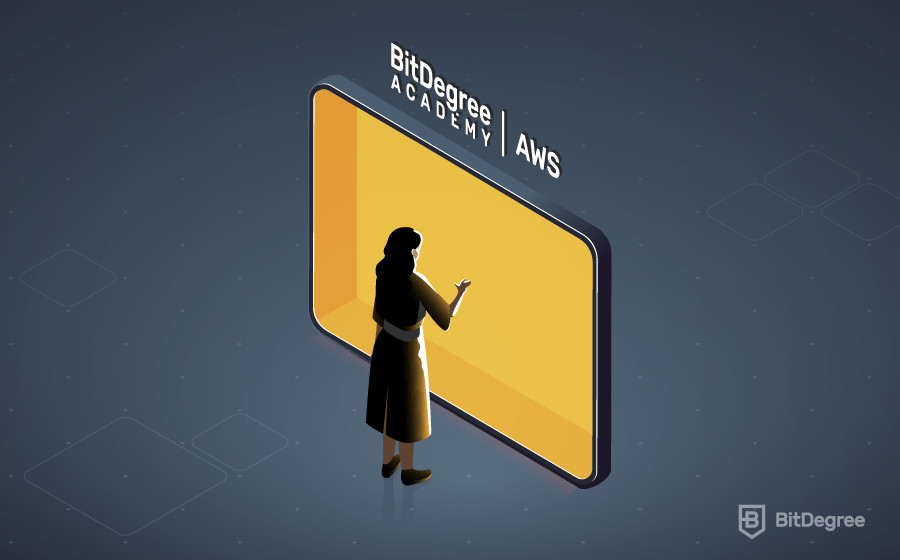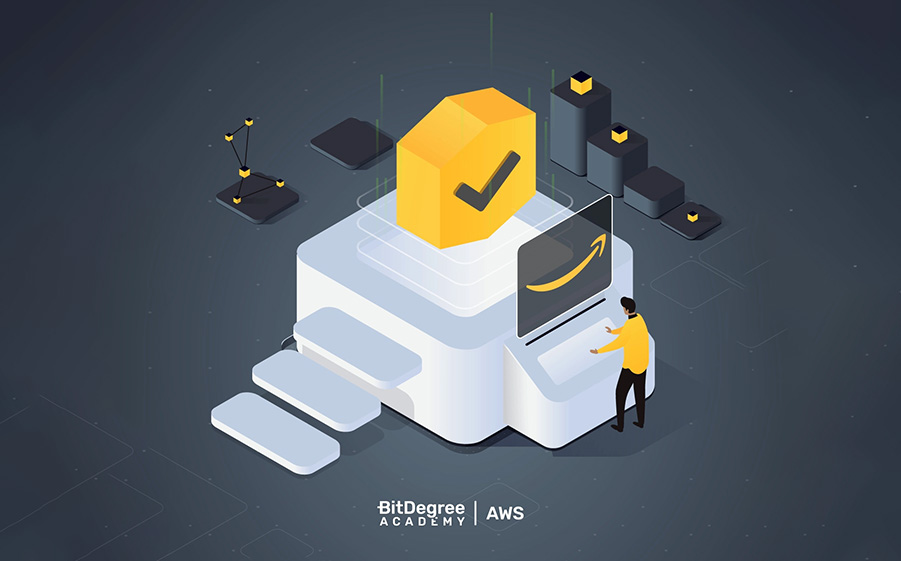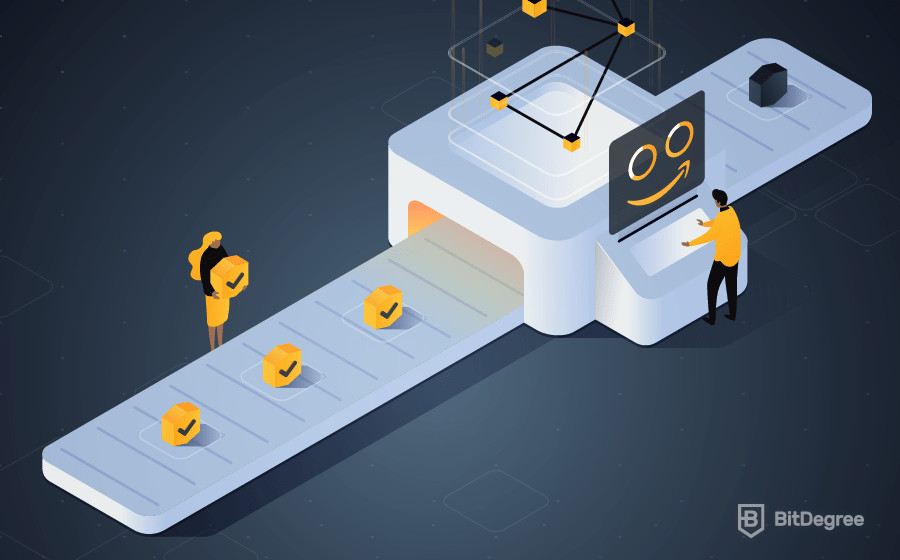Pain Points in Traditional Online Education
We found out that the modality of the majority of traditional online courses does not include tools to support different types of learning patterns. Since they don’t employ extra techniques and equipment, the available source is mostly found in a single format.
Furthermore, there is no sufficient feedback that learners can get upon course completion which creates a setback in the learning activity.
On a broad scale, traditional e-learning has a higher drop-out rate than traditional educational systems as it lacks the interactivity, engagement, and social aspects of traditional school education.
These deficient factors contribute to a non-engaging user experience, where learners quit courses due to a lack of motivation, self-regulation, or a goal-oriented mindset.
Developing a Different Online Learning System
We carried out scientific research in collaboration with Tartu University to create a new generation of course creation tools and an AI-based support system for learning.
The research comprised ten different intervention techniques which modify the learners' perception of the educational content.
Collaboratively, new learning models have also been developed in this experiment. Learning models are aimed at reducing knowledge decay as well as improving learners’ knowledge gains.
This methodology included improving the core skills of learners, such as cognition and metacognition.
Collecting and Utilizing the Learner Data
Our research relied on a data-driven system that constructs a structured representation and specification of learners’ acquired knowledge.
We developed an AI tool to track learner paths dynamically and update the information. The tool worked on a data-oriented principle to adjust the progress of courses and personalize high-level assistance in real-time.
The AI tool helped us identify knowledge gaps and optimize the duration of learning. This revealed the practices that work best for the learners’ continuity of learning motivation.
Learner data helps ease the bottleneck in online education and could provide opportunities for high-quality content, ending up with a significant increase in course completion rates.
What’s Next?
We will keep conducting experiments with our continuous research to enhance the learning experience on a global level and make education accessible to everyone.
Toward this goal, technology is the main path maker as it provides us with numerous tools to recreate online learning paths.
